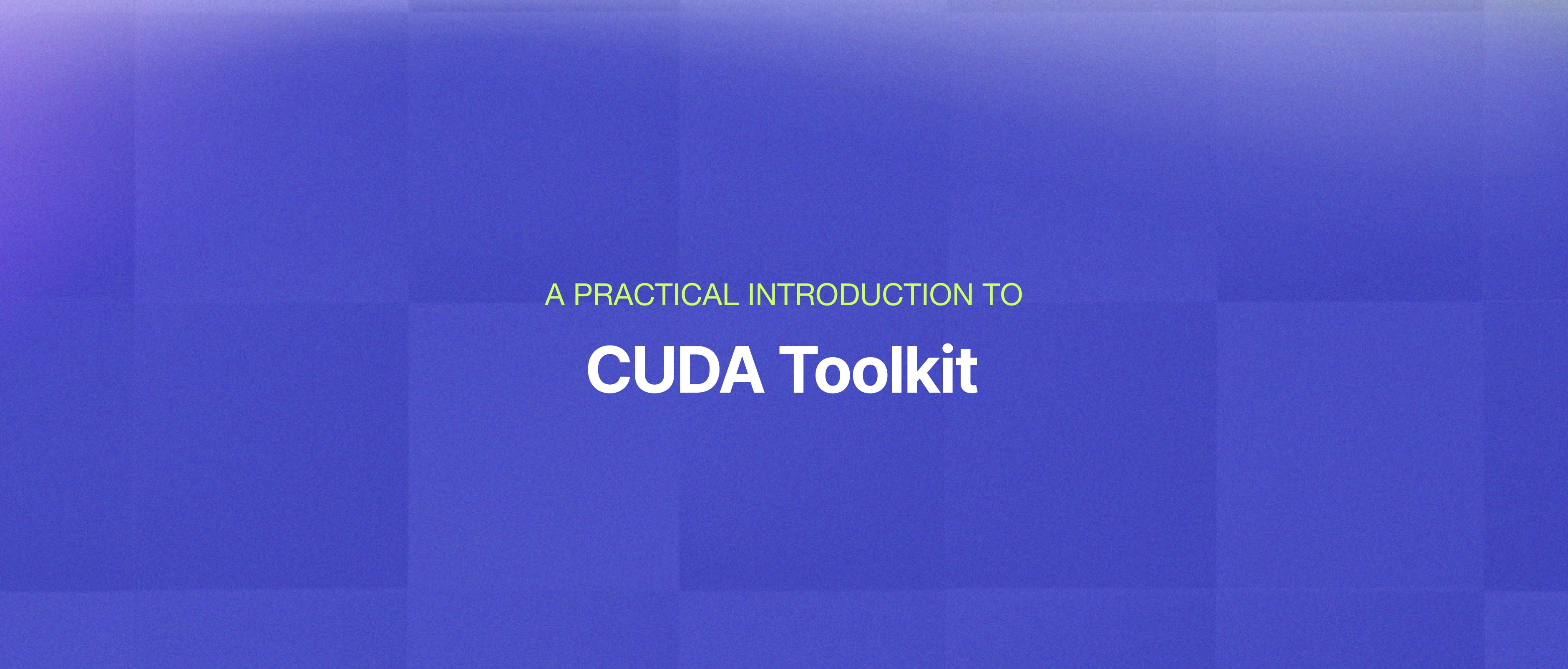JS Unit Testing Frameworks Comparison

But if you want to read more about how I got this conclusion, please keep reading
Unit testing is a software development practice that involves writing tests for individual code units.
These tests help to ensure that the code is working as expected and that bugs are caught early.
Unit testing is an essential part of software development because it can help to:
- Improve code quality: By catching bugs early, unit testing can improve the overall quality of the code.
- Reduce the risk of regressions: Regressions are when a bug is introduced into the code after fixing it. Unit testing can reduce the risk of regressions by ensuring the code is still working as expected after making changes.
- Increase code coverage: Code coverage is the percentage of tests covertests. The higher the code coverage, the more confident you can be that the code is working as expected.
- Speed up the development process: Unit testing can speed up the development process by catching bugs early and preventing them from causing problems later.
There are several JavaScript unit testing frameworks available, each with its strengths and weaknesses. Some of the most popular JavaScript unit testing frameworks include:
- Jest: Jest is a fast and easy-to-use framework well-suited for testing JavaScript code.
- Jasmine: Jasmine is a simple and readable framework that is a good choice for developers new to unit testing.
- Mocha: Mocha is a flexible and extensible framework that is a good choice for developers who need a lot of features.
In this blog post, we will compare some of the most popular JavaScript unit testing frameworks. We will discuss their features, pros and cons, and which is best for different use cases.
Jest
Jest is a popular JavaScript unit testing framework developed and maintained by Facebook. It is known for its speed, flexibility, and ease of use. Jest includes many features that make it a powerful unit testing tool, such as:
- Snapshot testing: Jest can take snapshots of your code and test results, which can be used to identify changes that have caused regressions quickly.
- Code coverage: Jest can report the percentage of your code covered by tests. This can help you to identify areas of your code that need to be tested.
- Parallel testing: Jest can run your tests in parallel, significantly speeding up the testing process.
Mocha
Mocha is another popular JavaScript unit testing framework. It is known for its flexibility and extensibility.
Mocha has fewer built-in features than Jest, but it can be extended with a wide range of plugins. Some of its key features include:
- Asynchronous testing: Mocha supports asynchronous testing, making it easy to test code that uses promises, callbacks, or other asynchronous APIs.
- Flexible reporting: Mocha provides various reporting options, including text, HTML, and JSON. This makes it easy to generate reports that are easy to read and understand.
- Extensible: Mocha is highly extensible, allowing you to add new features and functionality with plugins.
- Support for multiple assertion libraries: Mocha supports a variety of assertion libraries, including Chai, Jasmine, and QUnit. This makes it easy to choose the assertion library that best suits your needs.
- Support for multiple environments: Mocha can test code in Node.js and the browser. This makes it a versatile tool for testing JavaScript code.
Jasmine
Jasmine is a JavaScript unit testing framework known for its simplicity and readability. It is a good choice for developers who are new to unit testing.
Jasmine has fewer features than Jest or Mocha, but it is still a powerful tool for testing JavaScript code. Jasmine includes features like:
- Simple and readable: Jasmine is designed to be simple and readable, making it a good choice for developers new to unit testing.
- Flexible: Jasmine is flexible, allowing you to write tests in various ways.
- Extensible: Jasmine allows you to add new features and functionality with plugins.
- Support for multiple assertion libraries: Jasmine supports a variety of assertion libraries, including Chai, Enzyme, and QUnit. This makes it easy to choose the assertion library that best suits your needs.
- Support for multiple environments: Jasmine can test code in Node.js and the browser. This makes it a versatile tool for testing JavaScript code.

Of course, there are other frameworks..
There are many other JavaScript unit testing frameworks available, such as Ava, Tape, and Cypress. Each of these frameworks has its strengths and weaknesses.
Then, what framework should I choose?
The best JavaScript unit testing framework for you will depend on your specific needs and preferences. If you are looking for a fast, flexible, and easy-to-use framework, Jest is a good choice.
If you are looking for a highly extensible framework, then Mocha is a good option. And if you are looking for a framework that is simple and readable, then Jasmine is a good choice.
Unit testing is an essential part of software development. Using a JavaScript unit testing framework helps to ensure that your code is working as expected and that bugs are caught early.
There are some JavaScript unit testing frameworks available, each with its strengths and weaknesses. The best framework for you will depend on your specific needs and preferences.
This blog post has helped you to compare some of the most popular JavaScript unit testing frameworks. If you have any questions, please feel free to comment below.
Other Blog Posts

CUDA Toolkit Explained: How GPU Computing Accelerates AI Workload

What 2025 meant for Devlane: A year of growth and innovation







